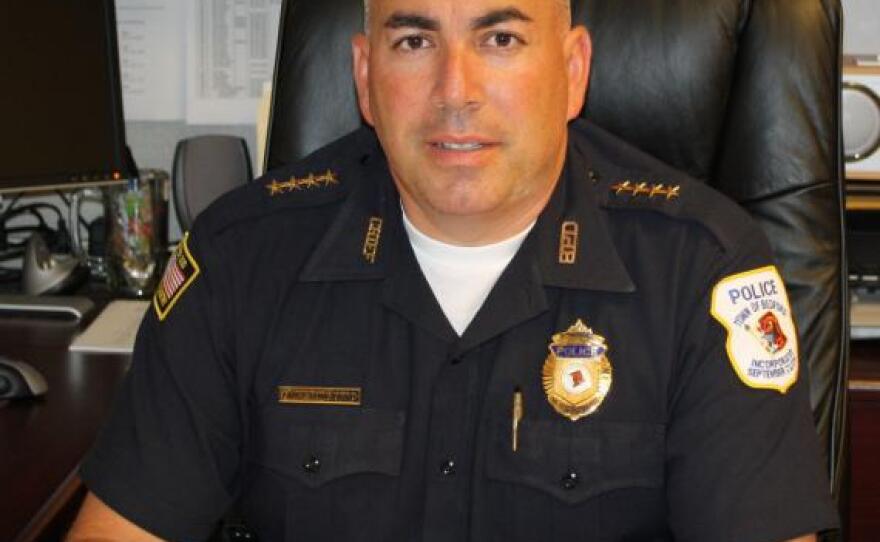This weekend a small number of police chiefs will come to Harrisonburg to discuss restorative justice best practices that aim to focus more on the rehabilitation of offenders through reconciliation with victims and the community at large. That’s fitting, as WMRA’s Christopher Clymer Kurtz reports.
The upcoming restorative justice retreat hosted by the Harrisonburg Police Department for police chiefs from across the country is a well-formed idea coming home to roost.
HPD LIEUTENANT KURT BOSHART: We're just taking advantage of an opportunity, is all we're doing.
It was only a few years ago that HPD Lieutenant Kurt Boshart and Harrisonburg’s police department, with a coalition of community organizations and supporters, began exploring the idea of incorporating restorative justice practices into its work. A group traveled to Massachusetts to see restorative justice programs that had been implemented there more than a decade earlier -- with guidance from Howard Zehr, the man widely considered to be the grandfather of restorative justice, from here.
BOSHART: Through his wisdom and guidance, we kind of looked at how we needed to get this thing going.
Among the retreat participants, from localities in California, Colorado, Illinois, Minnesota, and Virginia, will be Chief Robert Bongiorno of Bedford, Massachusetts.
BONGIORNO: Many times in the traditional criminal justice system the victim has been powerless, doesn't have a voice. What restorative justice does is give the power to the victim and allows the victim to confront their offender face to face. And that is such a powerful tool.
Participating offenders benefit as well.
BOSHART: Now what the officers can do is they can actually look at a case and ask the victim if they'd like to go through restorative justice or see if maybe it's a good fit. And it's all precharge, so before any charges are placed or anything along those lines.


